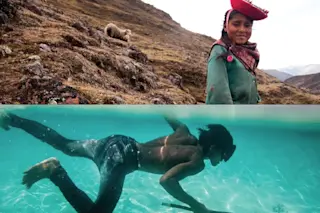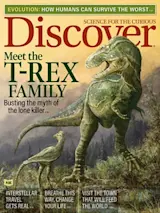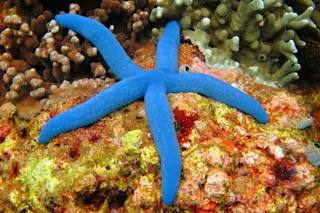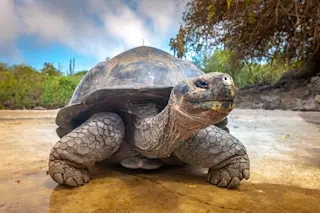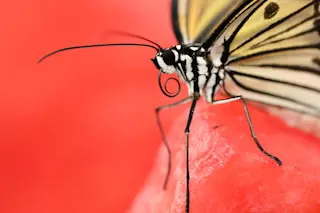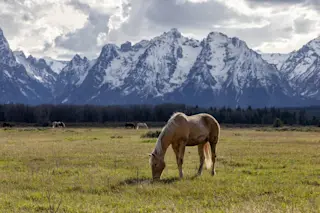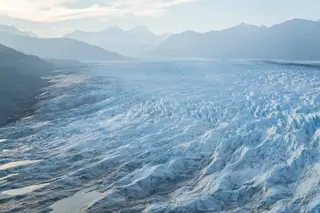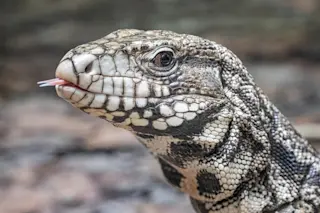Humans have gone where no ape has gone before. Unlike our closest primate cousins, who are confined to the tropics, Homo sapiens inhabit all corners of the planet, including harsh deserts, oxygen-thin altitudes and Arctic lands.
“People just don’t seem to have a lot of constraints on where they could live,” says Brian Stewart, an archaeologist at the University of Michigan.
Which is odd, ecologically speaking. Most animals stick to particular habitats, related to where they fall on a continuum between generalist and specialist. Creatures like raccoons are textbook generalists, which inhabit varied environments and consume diverse foods. Specialists, such as koalas, have a limited range and diet.
Stewart says Homo sapiens may “uniquely have the ability to tack back and forth . . . along that continuum,” allowing them to live just about anywhere. This calls for an entirely new ecological classification — the generalist specialist — an idea ...


